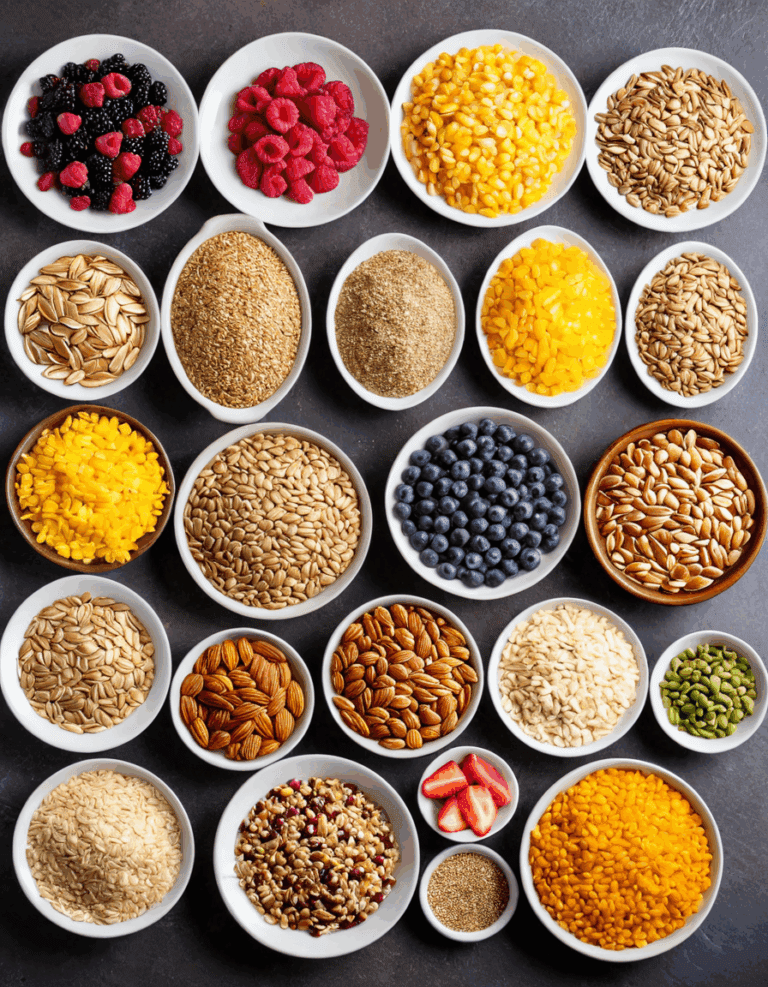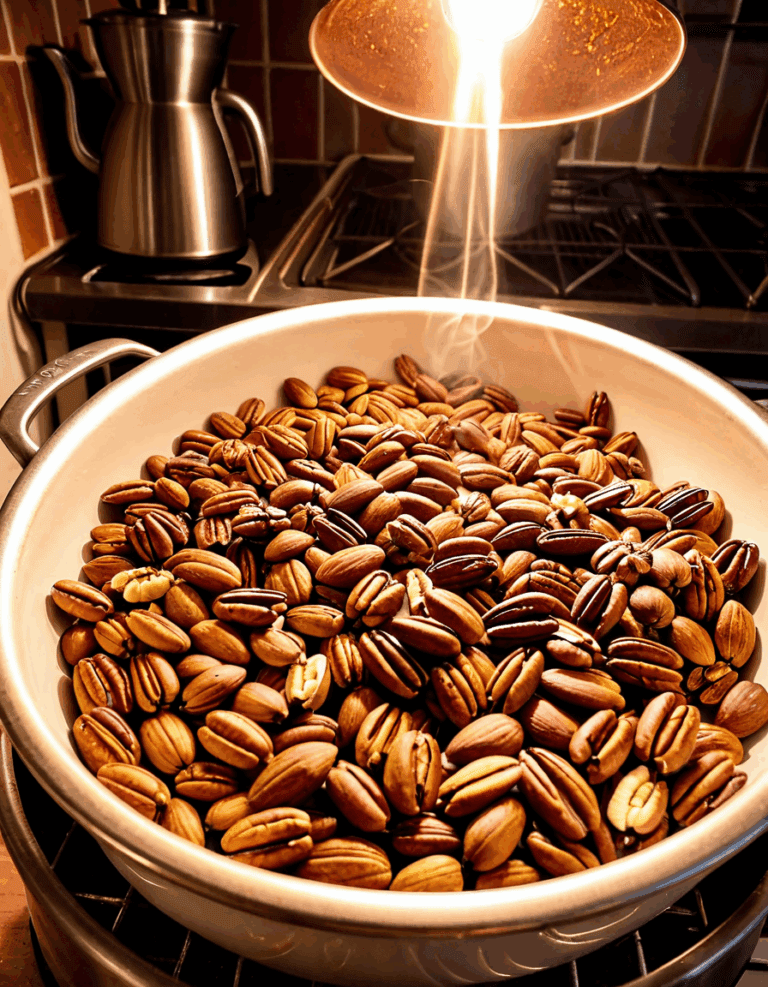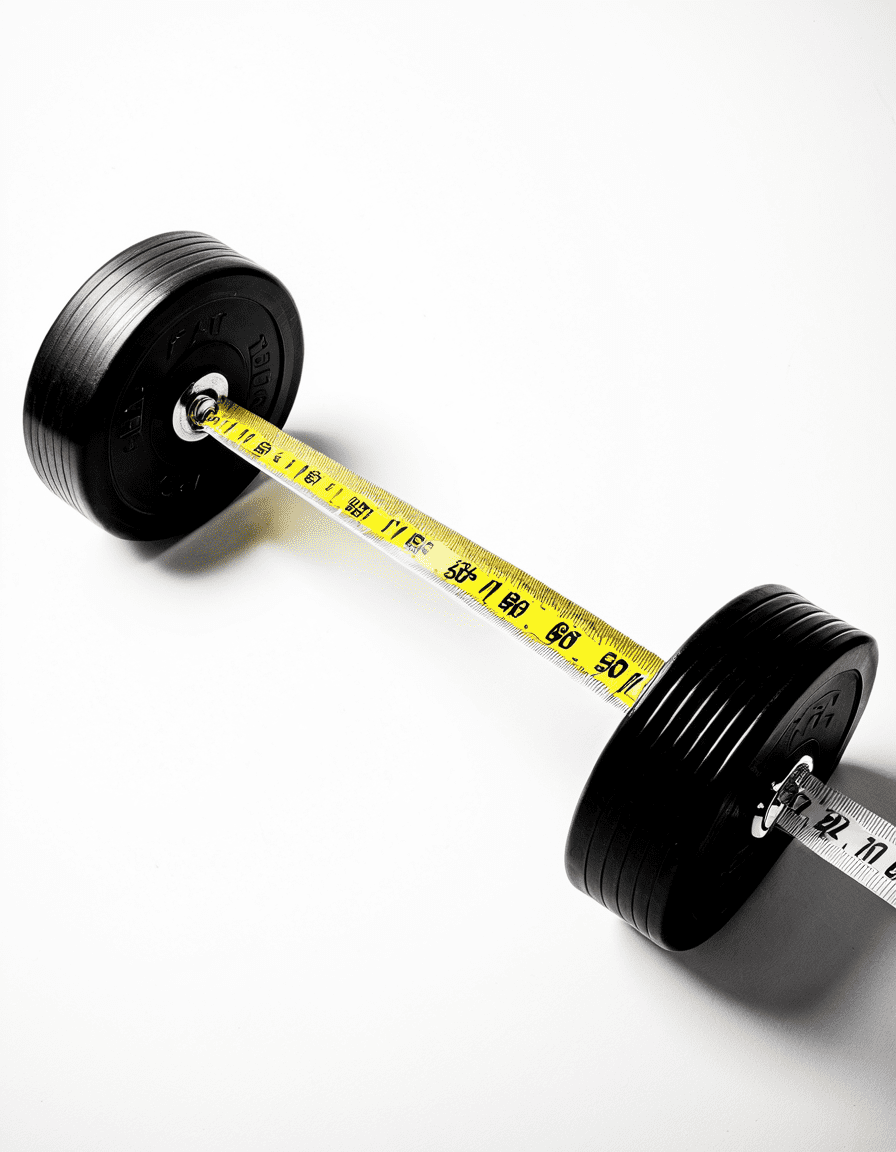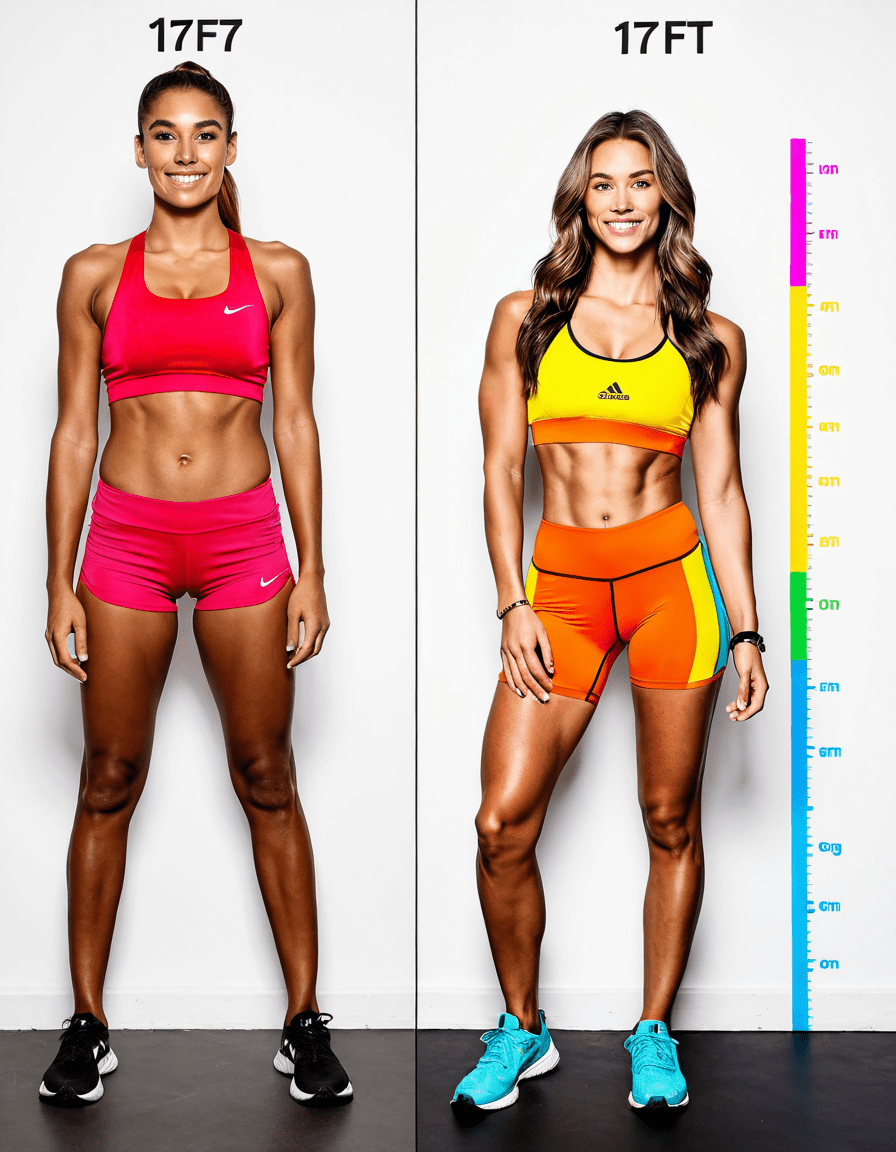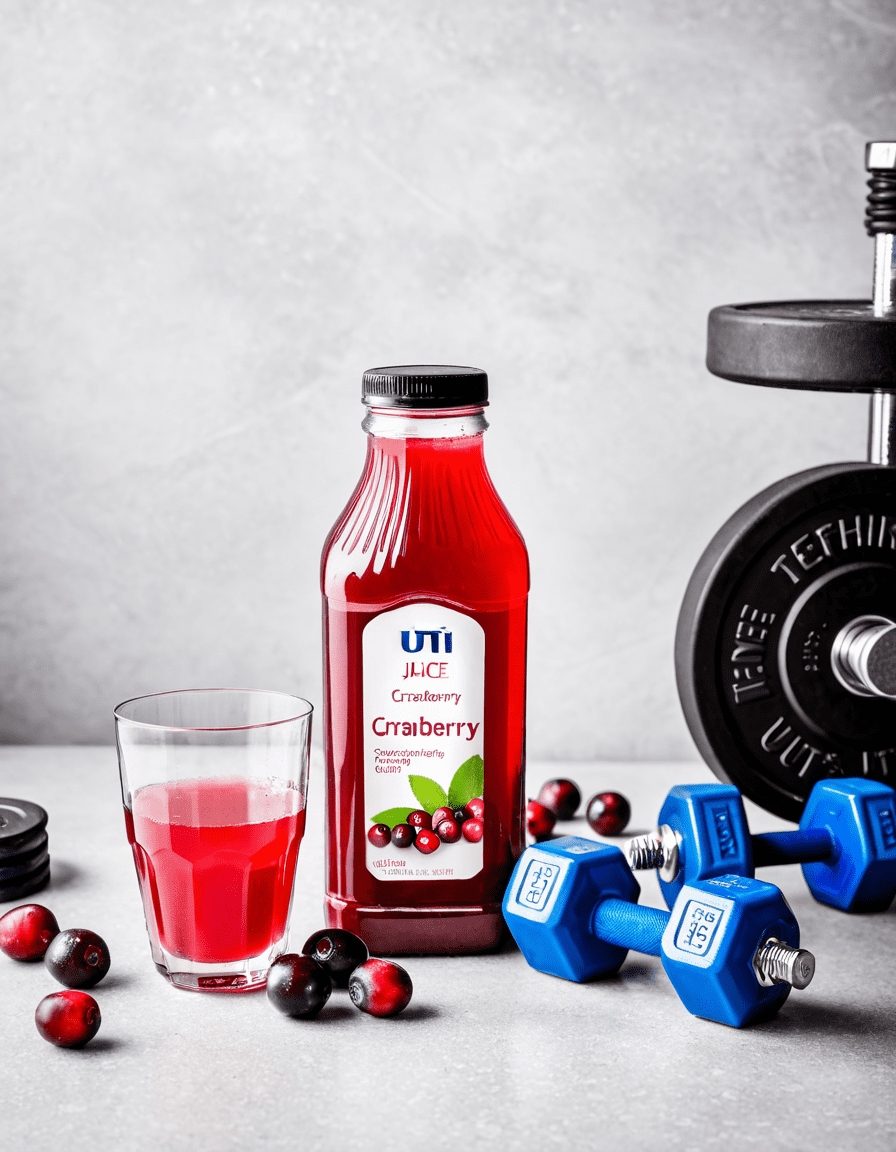When sculpting your body into a magnificent work of art, the question of how many grams of protein a day floats to the forefront of nutrition. Protein isn’t just some buzzword; it’s essential for everything from muscle repair and growth to supporting vital physiological functions. As trends in high-protein diets continue to evolve, knowing your optimal protein intake remains key for achieving shredded muscles, maintaining health, and feeling fantastic.
Picture this: you’re building strength, shedding fat, and boosting your energy levels, all while knowing exactly how much protein you need each day. The right protein intake can tip the scales in your favor. It’s not about just stuffing yourself with protein shakes; it’s about finding a tailored approach. So, let’s dive deep into the science and demystify how many grams of protein a day you should be consuming!

Understanding Protein and Its Role in the Body
Protein is one of the three major macronutrients your body craves. It’s involved in repairing tissues, generating hormones, and serving as a building block for bones, muscles, and skin. It’s crucial for enzyme production, immune support, and even transporting oxygen in your blood—pretty important stuff, wouldn’t you say?
With the rise of high-protein diets, folks are asking themselves how much protein they truly need. If you’re serious about getting shredded or just want to maintain a healthy lifestyle, understanding protein’s role is vital. From those beginner days at the gym to becoming a seasoned athlete, protein needs can change dramatically.
As the scientific community continues to investigate dietary needs, the requirement for how many grams of protein per day varies widely across different demographics and lifestyles. The days of “one-size-fits-all” nutrition are behind us, and we’re here to tailor your protein intake for maximum gains!
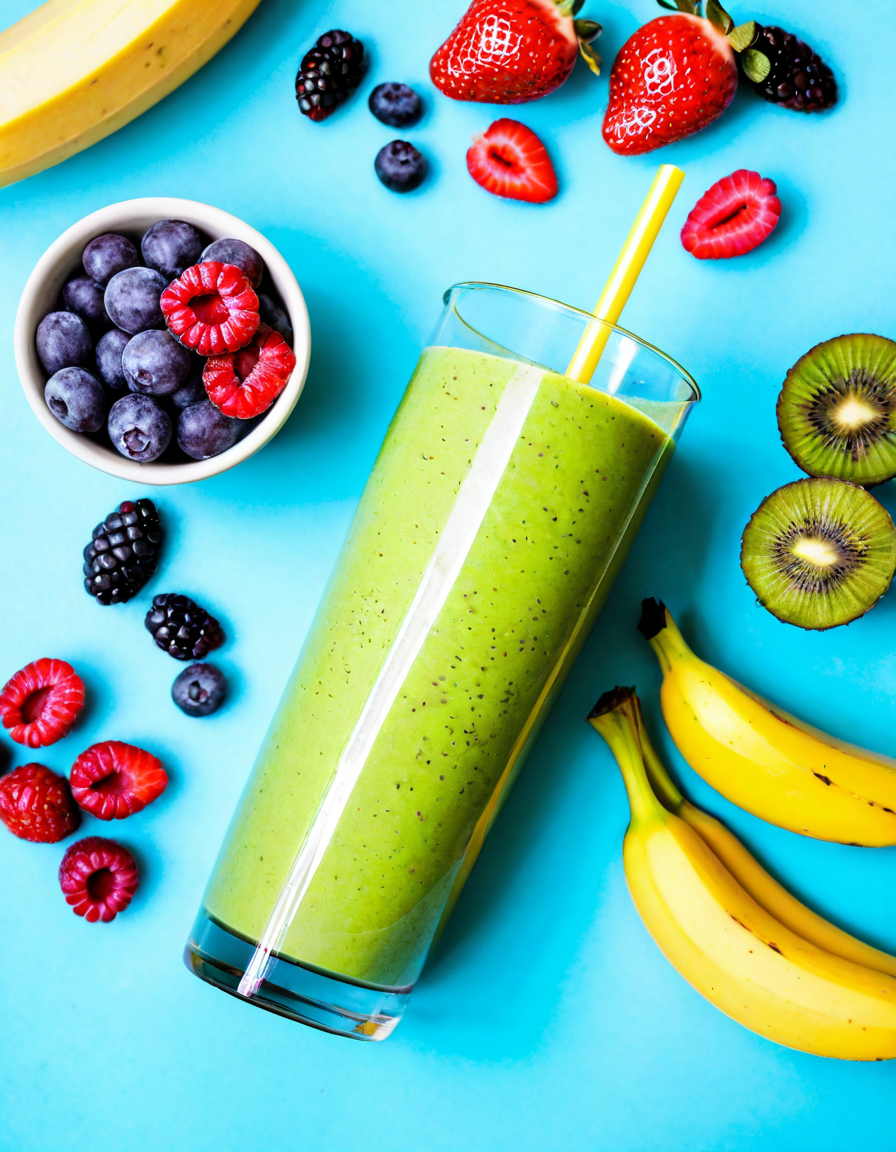
Top 7 Factors Influencing How Many Grams of Protein a Day You Need
1. Age and Gender Considerations
Age and gender play critical roles in your daily protein requirements. Adult men generally require about 56 grams of protein daily, while adult women need around 46 grams. But let’s keep it real—a 30-year-old man training hard at the gym may need up to 114 grams. A huge gap, right?
As we age, particularly after 50, our muscles begin to shrink—a process known as sarcopenia. Older adults require about 1.0-1.3 grams per kilogram of body weight to help maintain muscle mass. So, if you’re a 70-year-old weighing 70 kg, that translates to about 70-91 grams of protein daily. Keep those muscles intact!
2. Activity Level and Fitness Goals
Your activity level sets the tone for your protein needs. Sedentary individuals will find that sticking to the general recommendation of about 0.8 grams per kilogram of body weight suffices. But athletes and bodybuilders? Totally different ballgame!
High-performance athletes may need anywhere from 1.2 to 2.0 grams per kilogram of body weight. Take a male athlete weighing 80 kg, for example: his daily protein intake could range from around 96 to 160 grams! So if you’re hitting the gym hard or training for a marathon, ramp up that protein intake!
3. Health Conditions and Body Composition
Consider your health conditions. People with chronic kidney disease should lower their protein intake to around 0.6 grams per kilogram. On the flip side, lifters aiming to cut fat while preserving muscle often increase their protein intake to about 1.6 grams per kilogram.
Knowing how many grams of protein a day you need based on health conditions can help tailor your nutrition, keeping you on track while also staying safe!
4. Dietary Preferences and Sources of Protein
Diet also matters tremendously when calculating your optimal protein intake. If you’re a vegetarian or vegan, meeting protein needs can be tricky. A bowl of lentils packs 18 grams of protein per cooked cup, but a 3-ounce grilled chicken breast? That gives you about 26 grams!
Whether you’re a die-hard meat lover or prefer plant-based sources, be aware of alternatives. Many opt for protein supplements like Optimum Nutrition Gold Standard Whey, boasting 24 grams per serving, to help bridge the gap.
5. Protein Timing and Distribution
The timing of your protein intake influences muscle synthesis. Research shows that spreading your protein throughout the day—aiming for 20-30 grams per meal—can be more beneficial than binging at certain times. Look at pro athletes like LeBron James; his protein intake is calculated and consistent, maximizing his gains.
So set meal times, stay consistent, and watch those muscles grow!
6. Macronutrient Balance: How Much Carbs and Fat
Finding the right balance of macronutrients is essential for optimal health. Carbs are not the enemy! They should make up about 45-65% of your diet. For a 2,000-calorie diet, that translates to about 225-325 grams of carbs daily.
Pairing your protein with whole grains and healthy fats boosts energy for workouts and muscle recovery. It’s about building a well-rounded diet, folks!
7. Daily Reference Values: Sugar and Cholesterol
Maintaining your sugar and cholesterol levels alongside protein intake is crucial. Limited sugar intake is recommended (no more than 25 grams for women and 36 grams for men). You’ll want cholesterol below 300 mg daily. These values support heart health and keep you feeling energetic.
As you navigate your protein journey, consider how these factors intertwine to optimize your daily goals.
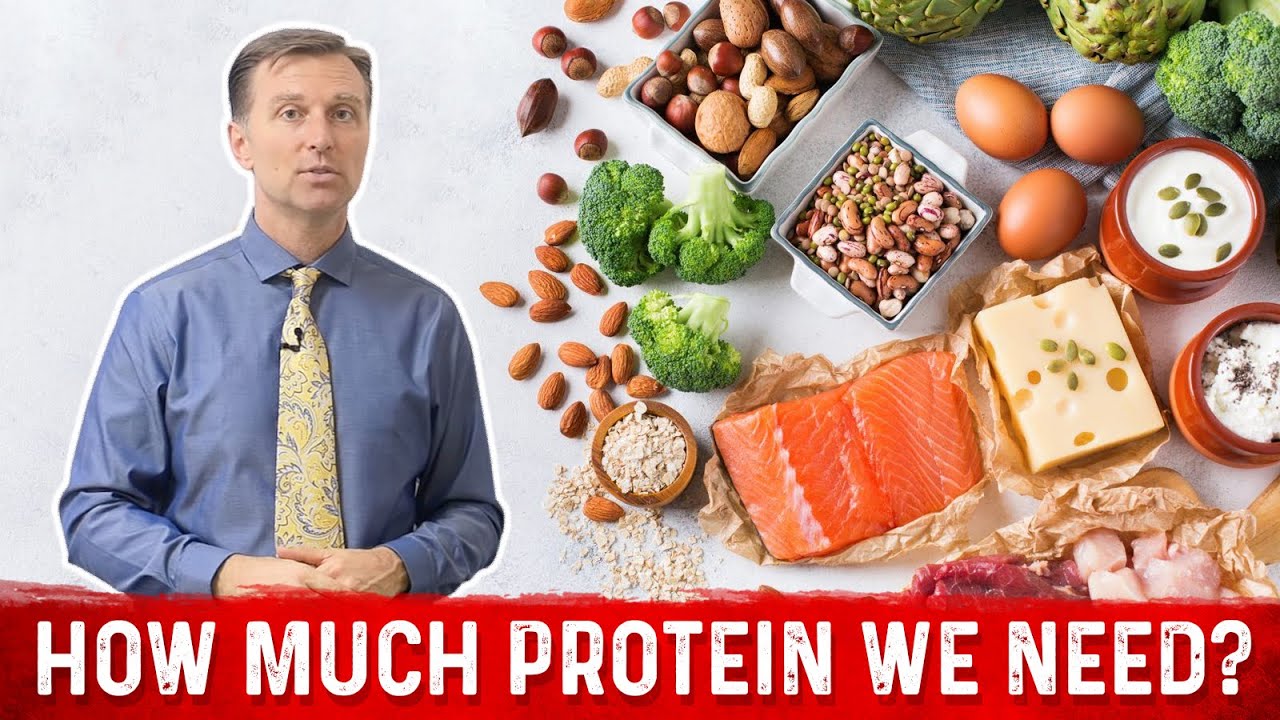
Practical Guidelines for Calculating Your Daily Protein Needs
Calculating your daily protein needs can be straightforward. Simply multiply your weight in kilograms (kg) by the recommended grams based on activity:
For example, if you weigh 70 kg and are moderately active, aim for around 84-140 grams of protein daily. Make that number work for your body and your goals!

The Impact of Protein Quality and Quantity
While quantity matters, the quality of protein is equally important. Animal sources like chicken, fish, and eggs offer complete proteins with all essential amino acids. Plant-based sources can sometimes miss a few, but combining them can yield fantastic results.
Consider Greek yogurt—a single cup packs about 20 grams and is filled with gut-beneficial probiotics. Elevate your protein game by focusing on both quantity and quality!

Innovative Approaches to Meet Your Protein Needs
Fast forward to 2026, and innovation in protein sources is on the rise. From 3D-printed food to enhanced protein plant-breeding, exciting options are emerging. Companies are now creating protein-rich snacks made from ants or crickets—yes, you read that correctly! These sustainable snacks can hold up to 80 grams of protein per 100 grams.
Incorporate this wave of food technology into your diet to meet your targets without compromising on nutrients. It’s a fun, creative way to diversify your plate for optimal health.
Ultimately, optimizing protein intake is part of a balanced and personalized nutrition adventure. So dig in and enjoy the journey while tailoring your diets, experiencing new sources of protein, and feeling fantastic every step of the way!
Thinking about your protein intake isn’t just about numbers; it’s about constructing a strong foundation for your health. Remember, awesome gains happen one bite at a time!
How Many Grams of Protein a Day for Optimal Health
When it comes to how many grams of protein a day is optimal for health, it varies based on factors like age, fitness goals, and overall lifestyle. The general recommendation for adults is around 46 grams for women and 56 grams for men. However, active individuals, especially those looking to build muscle or lose weight, may need significantly more. For instance, a plank might seem tedious, but just like building muscle, keeping your body fit and healthy can sometimes feel like lifting 5 Pounds in kg more than you can handle. In the same way, understanding your protein requirements can feel puzzling but is crucial for achieving your fitness goals.
The Impact of Protein on Your Body
Did you know that protein is vital in building and repairing tissues? This means it plays a significant role whenever you’re injured, like when it comes to managing conditions like blood Clots During period. Some studies suggest that increased protein intake can also help manage weight by making you feel fuller for longer. And, in typical fashion, there’s controversy around protein marketing. Just as recent events, such as the Kid Rock assistant accident, can make headlines, misleading food labels can easily confuse us.
Fun Protein Facts to Digest
Quick trivia: Did you know that our bodies need more than just protein for optimal function? Like learning about 14 Signs liver damage, which can highlight how crucial nutrients work in harmony, protein users should be mindful of balancing their diets too. Moreover, the protein requirements might change based on not just activity levels but also seasonal changes in activity levels. Just like how you might need to convert 1 pound in kg when weighing your food, understanding your protein needs can take some thought and effort but is well worth it in the long run.
In conclusion, keeping tabs on how many grams of protein a day you require can feel like navigating a maze. But don’t sweat it! Whether you’re looking towards maintaining muscle mass or gearing up for a new workout, start simple, and balance it with other essential nutrients. And much like anticipating the Gears Of War E day release date, knowing how much protein you need can set the stage for achieving those health goals. Whether you’re aiming for more muscle or just maintaining your health, protein is your secret weapon.


